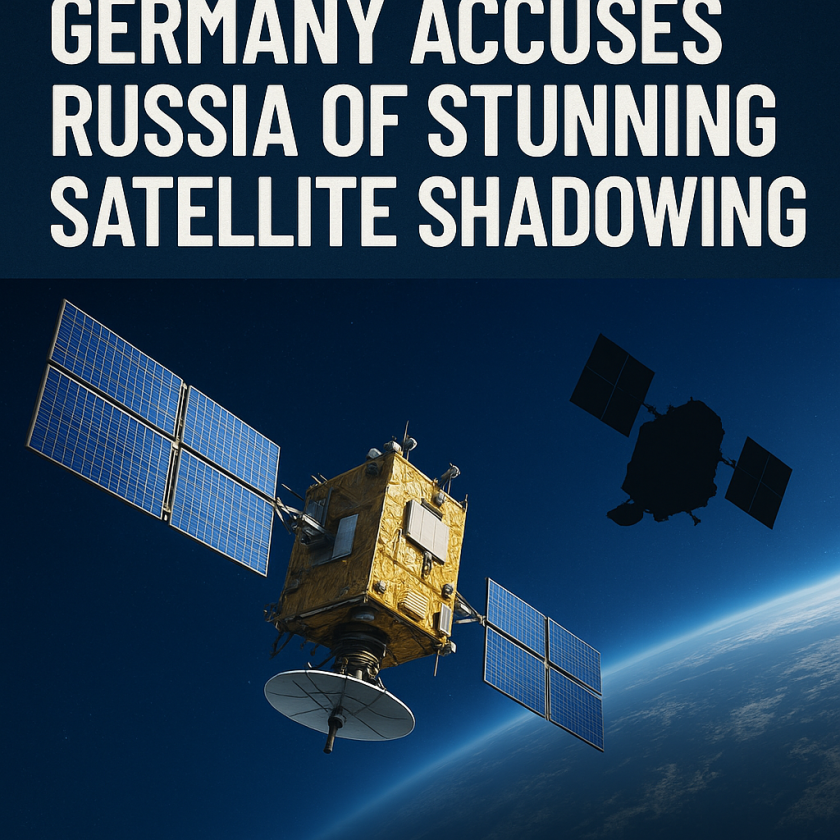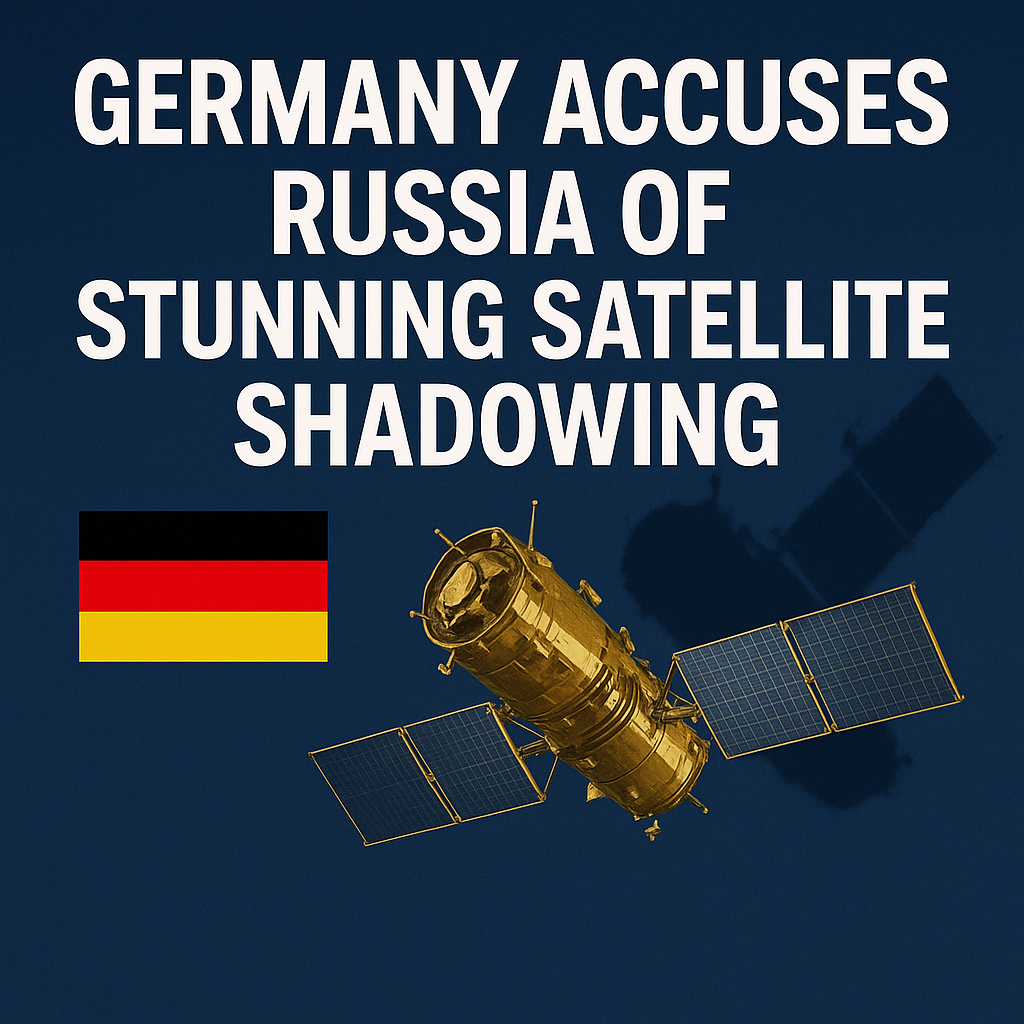Germany Accuses Russia of Stunning Satellite Shadowing
Germany Accuses Russia of Stunning Satellite Shadowing

Germany has made headlines by accusing Russia of engaging in “stunning satellite shadowing,” raising concerns over the implications for international security and space operations. This allegation underscores the evolving dynamics of geopolitical tensions, particularly in relation to space technology and military capabilities.
The Allegation: What Is Satellite Shadowing?
Germany’s accusation centers around the activities of Russian satellites that are reportedly maneuvering in close proximity to German satellites. These movements are perceived not merely as coincidental but as deliberate attempts to gather intelligence or disrupt operations. According to German officials, this behavior poses risks not only to their own space assets but also to the integrity of space as a shared domain.
Experts argue that satellite shadowing—a tactic where satellites position themselves near others to monitor or interfere with their operations—has become more prevalent, with implications extending beyond mere espionage. “The capacity to shadow satellites could lead to the potential for future conflicts in an arena that has largely been peaceful,” stated Dr. Anna Hemmings, an analyst in space operations.
Diverse Perspectives on Germany’s Claims
The German claim has been met with a range of responses. On one side, officials in Berlin emphasize the strategic significance of protecting national assets in space, framing the situation as a direct violation of international norms governing outer space. Germany’s Defense Minister has highlighted the importance of developing a robust framework for space security to counter growing threats.
In contrast, Russian officials have dismissed Germany’s accusations as groundless, arguing that satellite maneuvers are standard practice in space operations. They assert that all nations engage in satellite surveillance and that such claims are a strategic maneuver by Germany to justify military buildup in response to perceived threats. “Accusations of shadowing are nothing more than a distraction from the real issues at hand in international relations,” a Russian spokesperson stated.
The Broader Implications: Space as the Final Frontier of Conflict
The tension surrounding satellite shadowing raises significant questions about the future of international cooperation in space. As more countries develop advanced space technologies, the risk of conflict in this domain increases. This is further complicated by the fact that many satellites serve dual purposes—both civilian and military—which blurs the lines of accountability and intention.
Additionally, organizations like the United Nations have initiated discussions about the need for treaties that would regulate military activities in space. However, the progress remains sluggish, with numerous geopolitical challenges impeding effective cooperation. The accusations by Germany may serve as a wake-up call for the international community to prioritize space diplomacy and conflict prevention measures.
Conclusion: Navigating a Complex Landscape
Germany’s accusations against Russia over satellite shadowing reveal a complex interplay of tension, national security, and technological capabilities. While Germany sees the maneuvering as a significant risk that necessitates action, Russia presents its orbital activities as merely routine operations. The disagreement highlights the urgent need for a broader dialogue on space policy that prioritizes transparency and cooperation among nations to mitigate potential conflicts in the final frontier. As the world watches this space, the question remains: can we ensure that outer space remains a domain of peace rather than conflict?




































